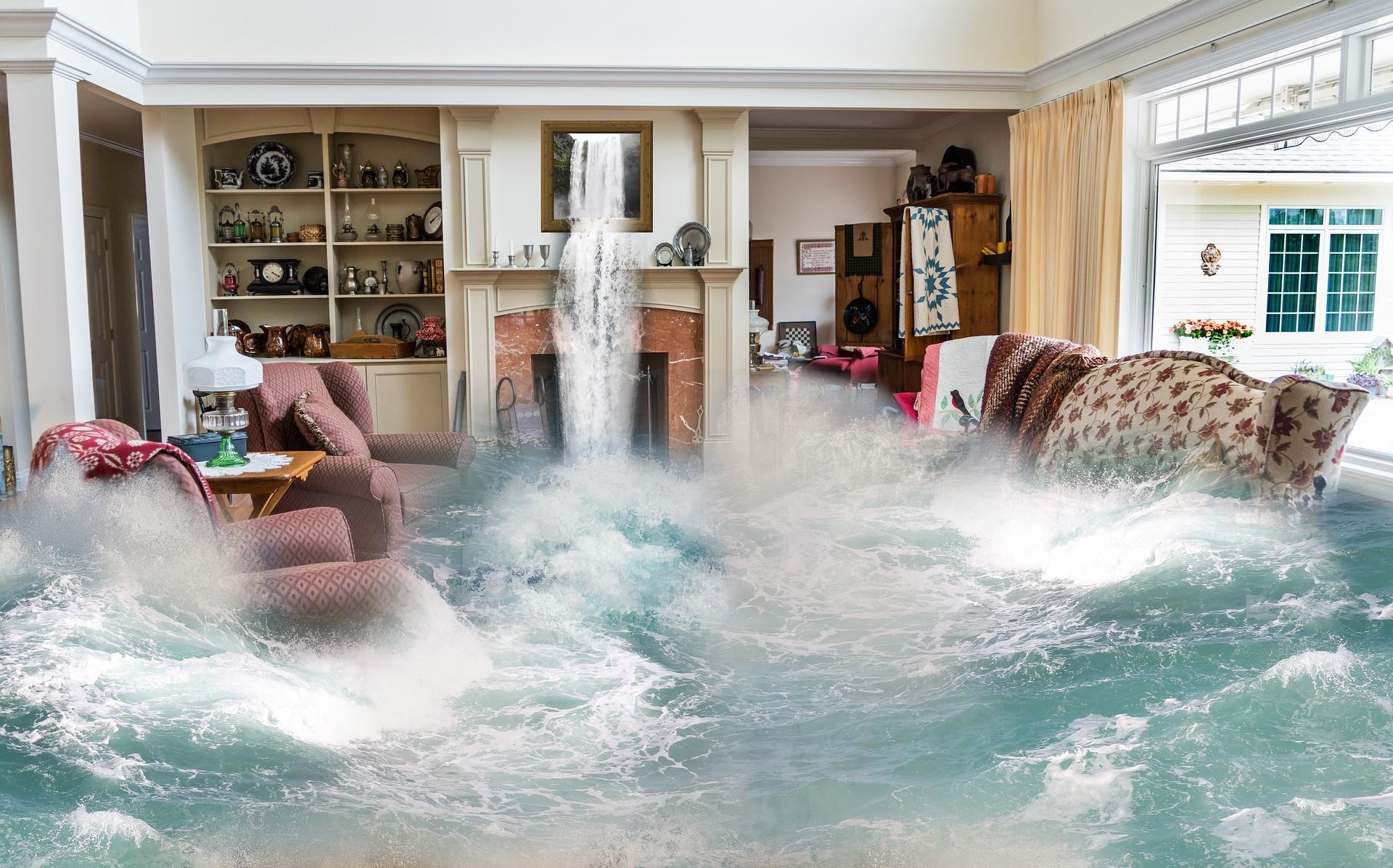About Us
Badger Insurance Advisors is a Trusted Choice Insurance Agency, which means we are independent and are not confined to one specific insurance company. This matters because we work for you, not the insurance company! Risk is everywhere, let us help you protect your valuables: auto, home, or life insurance…whatever matters to you!
Contact Info
5916 N Lisbon St, Aurora, CO 80019
(8:00am - 6pm MST, Monday - Friday)


BY: KEVIN VOLZ | INSURANCE AGENCY PRINCIPAL
- PERSONAL INSURANCE
There's no simple answer to this question – it depends on various factors, including your financial situation and risk tolerance, the type of car you're renting, and the specifics of your rental agreement. That being said, there are some general guidelines you can follow when deciding whether or not to purchase car rental insurance in Colorado.
If you have personal auto insurance, check with your insurer to see if it extends to rental cars. Many do, but there may be some restrictions – for example, your coverage may only apply to certain types of vehicles, or it may have a limit on the length of time you can rent a car.
Even if your personal auto insurance does cover rental cars, you may still want to purchase additional insurance from the rental company to cover any gaps in coverage.
Similarly, check with your card issuer to see if it applies to rental cars if you have credit card insurance. Some do, but again, there may be restrictions.
If you don't have personal auto insurance or credit card insurance that applies to rental cars, you'll need to decide whether to purchase insurance from the rental company.
Types of Rental Car Insurance
There are two main types of rental car insurance: collision damage waiver (CDW) and liability insurance.
Other common forms of rental car insurance include personal accident insurance or personal effects coverage, credit card insurance, and car rental travel insurance.
Collision Damage Waiver
A collision damage waiver is sometimes called a "loss damage waiver." It protects you from having to pay for damages to the rental car if it's involved in an accident, regardless of who is at fault. This coverage isn't always included in basic rental agreements, so be sure to ask about it if you're considering purchasing insurance from the rental company.
Liability Insurance
Liability insurance protects you from having to pay for damages or injuries that you cause to other people or their property while operating the rental car. This coverage is typically required by law, and it's always included in basic rental agreements.
If you have personal auto insurance, your policy may extend to rental cars, so you may not need to purchase additional liability insurance from the rental company. However, it's a good idea to check with your insurer to be sure.
Personal Accident Insurance
Personal accident insurance, sometimes called "personal effects coverage," protects you and your passengers from the cost of medical treatment and death in the event of an accident. This coverage is typically included in basic rental agreements.
If you have health insurance, it may extend to rental cars, so you may not need to purchase additional personal accident insurance from the rental company. However, it's a good idea to check with your insurer to be sure.
Credit Card Insurance
Some credit cards offer rental car insurance as a benefit. If you're considering using your credit card insurance, be sure to check with your card issuer to see what's included and what's not. You may need to decline the rental company's insurance to use your credit card insurance.
Car Rental Travel Insurance
Car rental travel insurance is a type of insurance that covers the cost of renting a car while you're on vacation. This coverage is typically included in comprehensive travel insurance policies.
How Much Does Car Rental Insurance Cost?
The cost of car rental insurance varies depending on the type of coverage you purchase, the length of your rental, and the specific details of your rental agreement. However, in general, you can expect to pay anywhere from $5 to $30 per day for basic coverage. More comprehensive coverage will cost more.
How to Keep Your Car Rental Costs Low
There are a few things you can do to keep your car rental costs low.
First, be sure to compare shops among different rental companies to find the best deal.
Second, always rent from a reputable company that offers good customer service.
Third, be sure to read the fine print of your rental agreement so that you understand what's included and what's not.
Finally, consider purchasing a car rental insurance policy from a third-party provider. This can often be cheaper than buying coverage from the rental company.
Who Needs Car Rental Insurance?
Whether or not you need car rental insurance depends on a number of factors, including your personal auto insurance policy, your credit card benefits, and the specific details of your rental agreement.
It's always a good idea to check with your insurer and your credit card issuer to see what's covered before you rent a car. You may find that you don't need to purchase additional insurance from the rental company.
How to Get Car Rental Insurance
If you decide that you need car rental insurance, there are a few different ways to get it.
First, you can purchase it from the rental company when you pick up your car.
Second, you can purchase it from a third-party provider before you travel.
Third, you can purchase it from a third-party provider after you've already rented the car.
Which option is best for you depends on a number of factors, including the cost of the insurance, the coverage you need, and your personal preferences.
Compare Rental Car Insurance Policies in Colorado
The insurance market is ever-changing, so it's important to compare policies before you purchase one. Here are a few things to keep in mind when you're shopping for car rental insurance in Colorado:
- The minimum amount of liability insurance required in Colorado is $25,000 per person and $50,000 per accident.
- If you're renting a car for business purposes, you may need to purchase additional liability insurance.
- If you're renting a car for personal use, you may be covered by your personal auto insurance policy or your credit card benefits.
We can help you compare policies from different providers to find the best coverage for your needs. Give us a call today.
BLOG AND NEWS
Better Insurance Decisions
Begin Here



READY TO GET STARTED
Get A Free Quote Today!

See how much you could save on your insurance with personalized quotes for Colorado residents.
or call us directly










